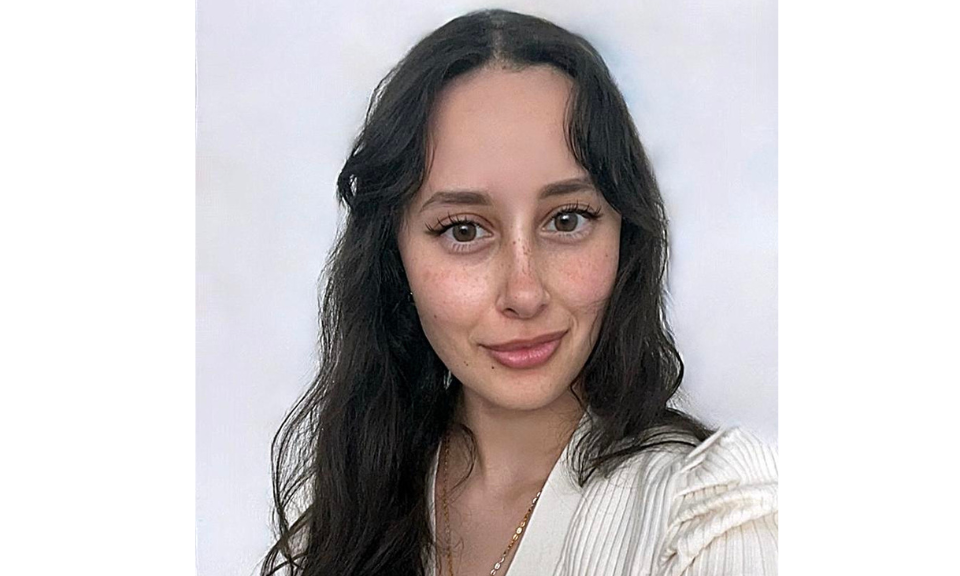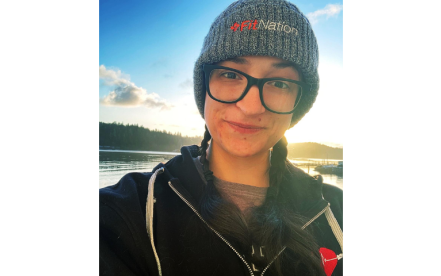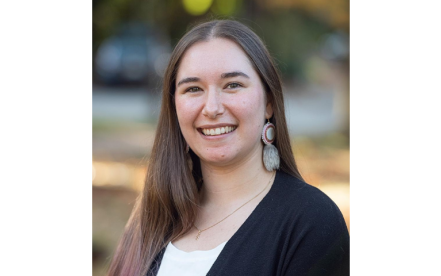Through their words: Ashley Kyne

My undergraduate years were a difficult time to navigate, and without the generous funding from donors, I would’ve needed to find more work than I was already doing.
Ashley Kyne is currently pursuing a master’s degree in criminology at SFU, having recently graduated from the university with a BA in criminology and Indigenous studies. A student of iTaukei (Indigenous Fijian) ancestry, Ashley felt a sense of belonging when she joined the Indigenous studies program, which encouraged her to reconnect with her roots through shared Indigenous traditions and cultures.
Her research now focuses on the overrepresentation of Indigenous peoples in the criminal justice system, what the risk and protective factors are, and using that knowledge to create positive, lasting change. She is the recipient of several donor-funded awards, including the Mike McIntosh Undergraduate Award; Three Links Foundation Community Service Award; Mahatma Gandhi Annual Student Award; and Arthur and Ancie Fouks Graduate Award.
In Ashley’s words:
Growing up in an Indigenous and European household, I’ve seen the impacts of intergenerational trauma and this really empowered me to be a strong advocate for people in my community. As I was learning about Indigenous overrepresentation in the criminal justice system, I was also being taught Indigenous perspectives on history and what led us here, which helped me gain valuable perspective on how these issues intersect. This experience also helped me work through my own identity as an Indigenous person, and how I wanted to interact with the world around me.
When I volunteered and eventually worked at a shelter in Vancouver’s Downtown Eastside, I wanted to create a more inclusive space for our Indigenous clients. Having experienced marginalization, I felt good giving back in small ways like preparing meals for the community, and assisting clients with housing applications and getting back on their feet. Some people I met were affected by the growing opioid crisis in B.C., and this really gave me insight into harm reduction solutions and how my research can have real-world impact when understanding culturally informed risk factors.
My undergraduate years were a difficult time to navigate, and without the generous funding from donors, I would’ve needed to find more work than I was already doing. Every little bit counts and I’m so appreciative of being able to share my research and passions, and for people to recognize that what I’m doing is important and going towards something good. Because of your support, SFU students from underprivileged communities can find a voice and space in academia.
Looking forward, I plan to pursue my PhD after completing my Master’s program. To Indigenous students who are struggling with “imposter syndrome” or self-doubt, I’d recommend reading Amanda Tachine’s Native Presence and Sovereignty in College. It really taught me to centre myself and continue on in my research, and I hope you find it just as valuable as I did in navigating your place in academia.


